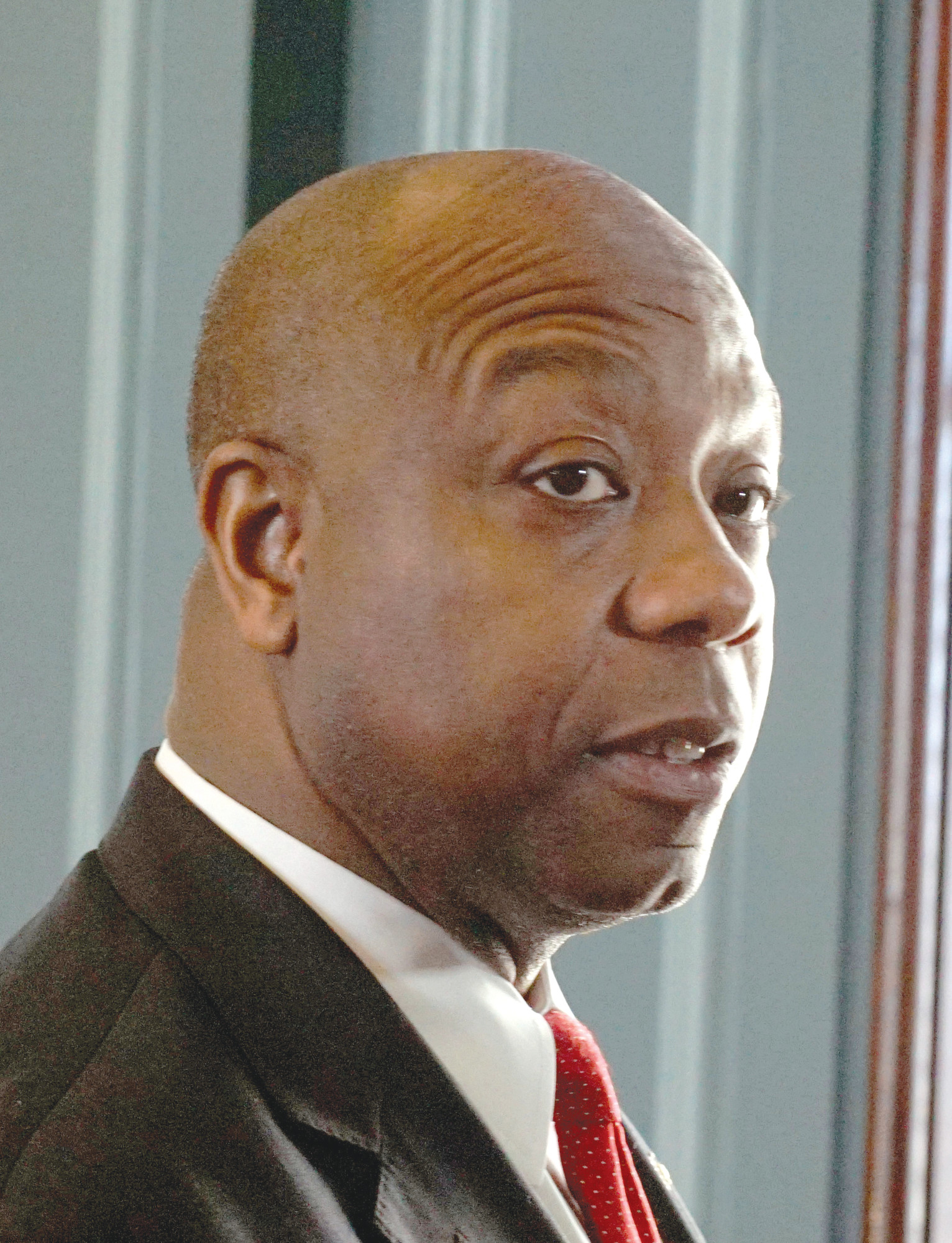Opportunity Zones will help more Americans achieve their dreams

It has been more than 50 years since the United States formally took on the "War on Poverty," and unfortunately for too many, we have yet to see a manifestation of permanent progress. Instead, we have millions of people still living in distressed circumstances who continue to be held back by inescapable unemployment, lack of skills and, even worse, the absence of hope that things will get better.
March 21 marked a major milestone for my Investing in Opportunity Act legislation, which was signed into law late last year through the Tax Cuts and Jobs Act. It was the first deadline set by the Treasury Department requiring states to submit their nominated "Opportunity Zones." It was exciting to see an actual list of locations that have the potential to see an economic resurgence with an initiative that is unlike anything we have tried in the past.
The IIOA is a tailored and innovative approach to fighting poverty. Instead of utilizing a "Band-Aid method" or temporary fix, this piece of legislation aims to lift up entire neighborhoods by attracting private investment to areas most in need. With about $2.3 trillion of capital gains sitting on the sidelines, investors can now take advantage of a tax incentive through the IIOA if they elect to invest resources in designated distressed communities.
To put it another way, if an individual or business sells an asset for a gain, they are required to pay the federal government a capital gains tax. Under the IIOA, that tax can be deferred up to 10 years if the capital gains are invested in an approved "Opportunity Zone."
The law is also written in a way that encourages long-term investment by allowing for a "step-up" approach: There is a greater financial benefit for investing over a 10-year time period, rather than just five years. The hope is that this type of structure will encourage investors to establish meaningful relationships with the communities they are investing in.
Another benefit of the IIOA is that it gets the decision-making process out of Washington and into the hands of local leaders. That's why governors - not federal officials - are the ones responsible for nominating which areas get to take advantage of this initiative. Governors are able to choose 25 percent of a state's low-income census tracts, allowing for 1 in every 4 of our most economically challenged (distressed) communities to be eligible for this investment. They are the experts on the ground and will be able to choose locations with tremendous potential for growth and job creation.
In my home state of South Carolina, Gov. Henry McMaster nominated roughly 130 census tracts, ranging from distressed to severely distressed conditions, which will be eligible for the Opportunity Zone program.
It was clear that their selection process took into consideration a number of factors, including representative demographics and geographic location. I could not be prouder of our state's leadership for setting a national model on how to work with local municipalities to identify communities based on actual needs.
Poverty touches everyone, whether you're living in a rural or an urban community, and it is important to spread out this investment potential to cover as many different categories as possible.
At the end of the day, every state has unique needs for its residents, and there is no one equation we can apply that would adequately address all of the differences.
I grew up poor and know that it's not lack of effort or work ethic that keeps most people back. It's the shortage of opportunity that continues to plague our most vulnerable citizens.
Through the IIOA, we are hoping to make progress in closing the gap by creating broader investment opportunity in distressed neighborhoods.
My passion for tackling poverty is long embedded in who I am and my personal story. It is also fueled by inspirational people whom I have been blessed to encounter along the way.
One of those individuals was former congressman and pro football player Jack Kemp. Jack understood the importance of creating access to opportunity and how the strength of our nation lies in the collective strength of our people.
Sadly, we lost Jack in 2009, but his efforts and legacy continue to play out in amazing ways that inspire so many people to keep fighting for the American dream.
To me, the IIOA is only the beginning. Last month, I kicked off an "Opportunity Tour" in my hometown of North Charleston. I will be traveling to Florida this month with Sen. Marco Rubio and have a few other stops in the works.
My goal is to talk about the IIOA and to sit down with folks to hear about what is working and what isn't so we can continue to effectively find ways to help those in need. This is my mission, and I am blessed to be in a position to help drive the national conversation on such a serious issue.
U.S. Sen. Tim Scott, R-S.C., is a North Charleston native. This column originally appeared in The Ripon Forum, a journal of political thought and opinion published by The Ripon Society.
More Articles to Read
